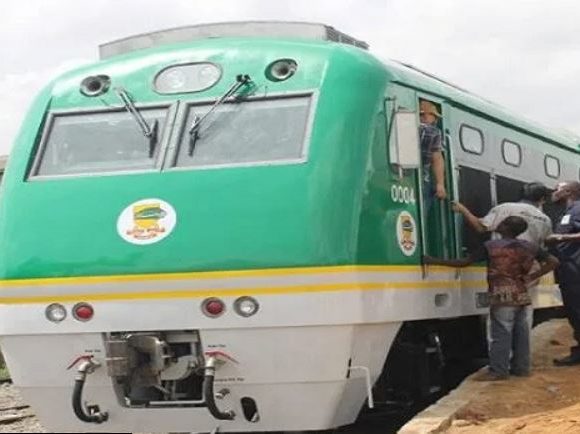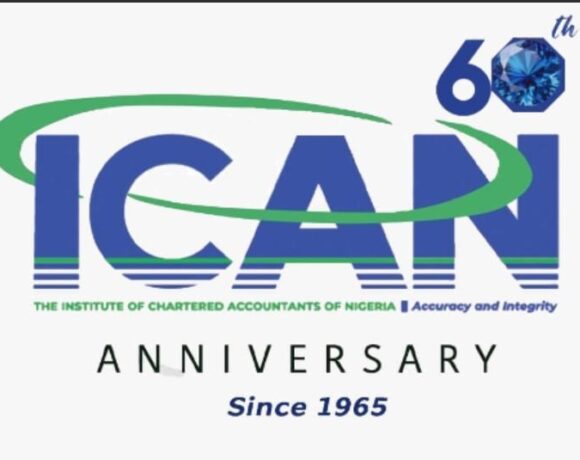Dangote to Build Nigeria’s Deepest Seaport in Olokola, Eyes Gas Export Expansion

Africa’s richest man, Aliko Dangote, is set to reshape Nigeria’s maritime and energy landscape by launching plans to build the deepest and biggest seaport in Nigeria, located in Olokola, Ogun State. This initiative is part of the Dangote Group’s strategy to grow its industrial footprint and expand access to global markets.
What to Know About the Olokola Seaport Project
The proposed Atlantic seaport will be situated about 100km from Dangote’s Lekki refinery and fertilizer complex, allowing easy movement of goods like:
Fertilizer
Petrochemicals
Liquefied Natural Gas (LNG)
Heavy equipment and raw materials
According to Dangote, paperwork for the project was submitted in late June, and the company is now awaiting regulatory approval.
“It’s not that we want to do everything by ourselves, but I think doing this will encourage other entrepreneurs to come into it,” — Aliko Dangote
Return to Olokola & Resolution of Past Conflicts
The Olokola site was originally intended to host Dangote’s refinery and fertilizer plant, but plans were suspended due to disagreements with local authorities. However, under the current administration, these issues have been resolved, and Dangote has officially returned to the Olokola Free Trade Zone in Ogun Waterside Local Government Area.
Dangote’s Bold LNG Export Plans
Alongside the port project, Dangote Group is developing a gas export strategy:
Plans to construct gas pipelines from the Niger Delta to Lagos.
Goal: To exceed current export capacity of Nigeria LNG Ltd (NLNG).
Gas will be used for fertilizer production and LNG exports, as well as for powering 4,000 gas trucks for fuel distribution starting August 2025.
“We want to do a major project to bring more gas than what NLNG is doing today,” — Devakumar Edwin, VP, Dangote Group
How Nigerians Can Benefit from These Projects
Job Creation:
Construction and operation of the seaport and gas infrastructure will generate thousands of jobs, especially in Ogun and Lagos States.
Business Opportunities:
Logistics companies and SMEs can tap into new opportunities in transportation and export.
Tech, manufacturing, and agricultural exporters can gain easier access to international markets.
Access to Cheaper Fuel:
With the use of gas-powered trucks, Dangote aims to reduce fuel distribution costs, which may lead to more stable pump prices in the long run.
Improved Infrastructure:
The development will likely lead to better roads, housing, and utility networks in the host communities, especially Olokola.
Investment Attraction:
The private sector-led initiative could inspire more local and foreign investors to fund industrial and maritime projects in Nigeria.
What to Watch
Some critics argue Dangote is monopolising key sectors. However, Dangote insists the group is creating opportunities, not taking them away. He encourages other entrepreneurs to step up and explore new spaces in Nigeria’s evolving economy.
Dangote’s move to develop Nigeria’s deepest seaport and expand gas exports is not just another industrial feat—it is a game-changing development that promises employment, investment, trade opportunities, and national growth. Nigerians—especially entrepreneurs, job seekers, and businesses—should stay alert, explore opportunities in logistics, construction, agriculture, and energy, and position themselves to benefit from this transformative project.










